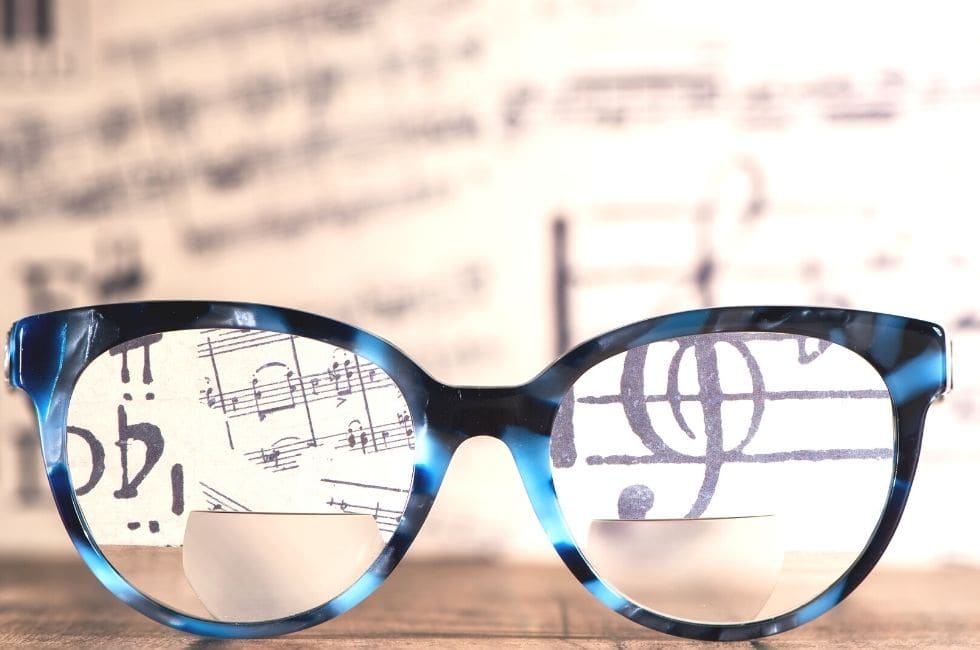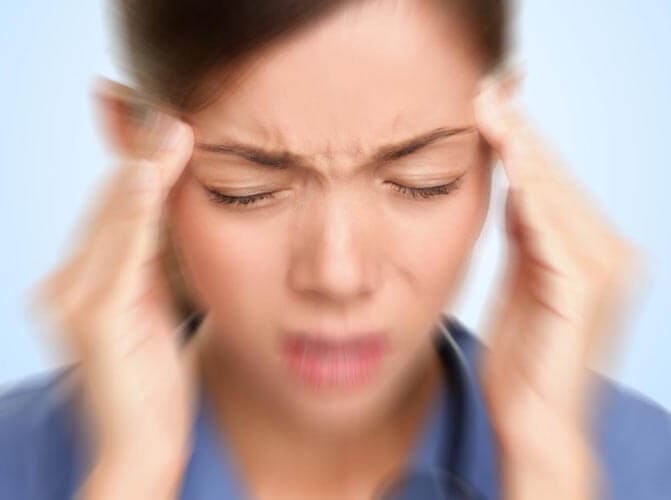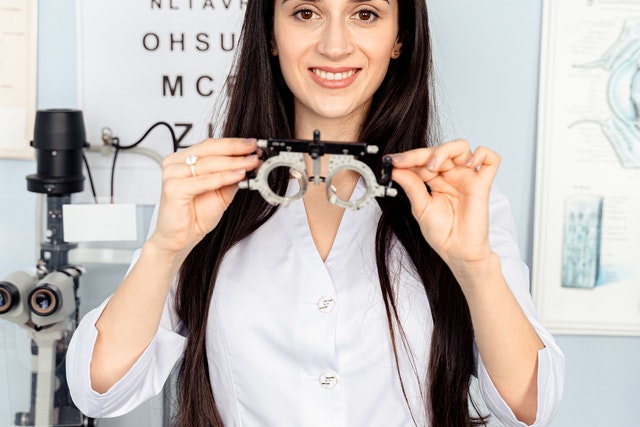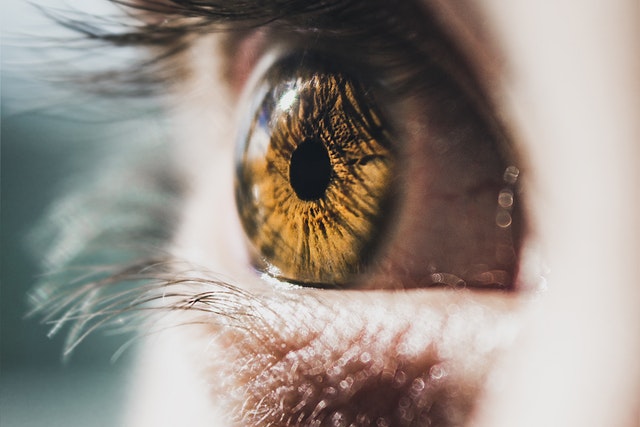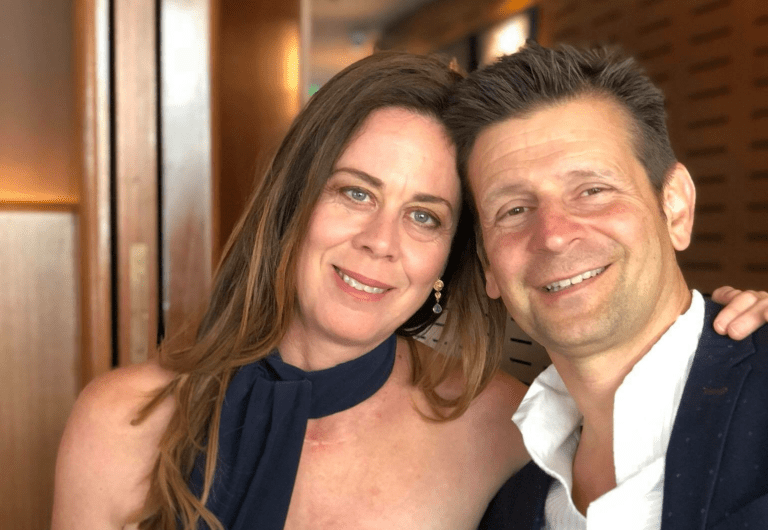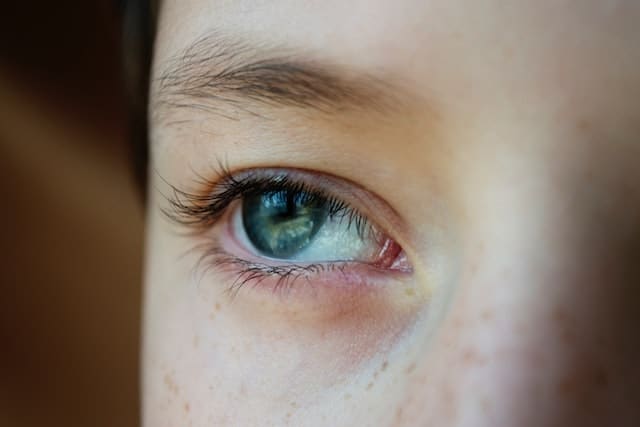The myopia (shortsightedness) epidemic, predicted to affect half of the world’s population by 2050, is racing even faster towards this target with the numbers boosted by the Covid-19 pandemic’s enforced indoor and screen-watching lifestyles. However, a study is now suggesting that perceptual learning may, literally, shine at least some light at the end of this blurred vision tunnel, according to Australian Gary Rodney, behavioural optometrist and fellow of the International Academy of Orthokeratology and Myopia Control (FIAOMC).
Rodney says the quality of the information provided by senses like the eyes is vital to the creation of an understandable overall picture of what is seen and experienced. It can help the person viewing it to perceive it, react to it, and understand it in a way that the information it supplies enables them to function and fit into their surroundings.
However, this data can be easily compromised if the information sent to the brain for processing, is distorted in any way, or the processing systems are not functioning correctly.
A Ray of Hope for Myopics
Rodney said the positive results of a study which showed that perceptual learning used in neural processing could make up for at least some of the problems caused by optical defects like myopia, and is a welcome addition to the toolbox of treatments currently being used to manage this fast-spreading refraction error. These include specially-designed single, and multi-focal contact lenses, as well as the Orthokeratology overnight treatment which uses gas permeable contacts.
When the References are Faulty
He said vision processing in the visual cortex uses memories and information accumulated from reactions to various stimuli like light, colour, construction and location as reference, and this is where perceptual learning has stepped in. Where these references have been distorted by poor vision or a glitch in the way the brain makes use of them, studies are suggesting that perceptual learning can change how people see using vision task performance training.
However, most studies like the myopia one are still focusing only on specific aspects of the problem. In this case the study reported a significant amount of improvement in both contrast sensitivity and visual acuity in adults with myopia who had perceptual learning.
Rodney, while welcoming these results, like many other eye doctors and researchers, is hoping that future studies will take a wider approach to the problem, and bring about even more positive results with regard to improving myopic vision and reducing its impact on their perception of the world around them.
How Myopia Impacts on Vision
“Distortion of data and how it’s processed is one of the worst consequences of myopia for the billions who have this progressive refractory error. It’s the difference between good perceptual vision (or insight) and blurred plain sight. The compromised data collected any more than a few feet away won’t only be visibly blurred, but will not be pure and accurate enough for the brain to be able to create a clear picture of it ,” Rodney says.
“And myopia also impacts on how the data is processed into signals that are sent to the brain for further processing into a final thought image. This happens because myopia causes the light rays which carry the initial data to land short of the retina instead of on it, so impacting on how this receptor and processor of the data functions.”
HEAR: Ultra106.5FM Interview with Gary Rodney – Covid and Myopia: What you need to know!
For more information on myopia prevention and management, perceptual vision and vision therapy and its importance, or to book an appointment for a thorough eye check-up, visit the Smart Vision website: Optometrists Sydney: Optometry Services For Children and Adults | Smart Vision; for specific information about Myopia treatment and prevention visit Myopia Prevention: Solutions, Control And Treatment In Sydney; and for detailed information about Myopia Treatment visit Orthokeratology In Sydney: The Non Surgical Alternative.
Book an appointment for a thorough eye check-up or Call the Bondi clinic on (02) 9365 5047 or the Mosman clinic on (02) 9969 1600.

